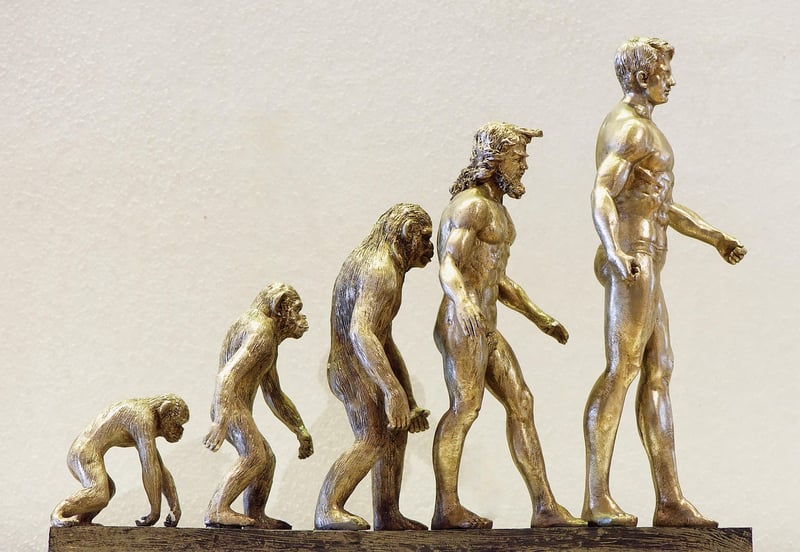Moral Dilemmas
The Complexities of Altering Time: Navigating Moral Dilemmas
Time, a fundamental aspect of our existence, is often viewed as a linear progression, moving steadily from past to present to future. However, the concept of altering time, whether through technology, magic, or hypothetical scenarios, poses intriguing dilemmas that stretch the limits of our imagination and moral compass.
The Temptation of Changing the Past
One of the most common dilemmas associated with altering time is the temptation to change past events. Imagine having the power to undo past mistakes, prevent tragedies, or alter personal choices. While this ability may seem appealing on the surface, it raises profound ethical questions.
The Butterfly Effect
The famous "butterfly effect" illustrates the potential consequences of even minor alterations in the past. The smallest change could have far-reaching and unpredictable effects, reshaping the course of history in ways we cannot foresee. This raises the question: Is it morally permissible to tamper with the timeline, knowing the unpredictable repercussions it may have?
Future Uncertainties and Moral Responsibilities
On the other hand, altering the future presents its own set of moral dilemmas. If we could see into the future and change upcoming events, where do we draw the line between intervention and predestination? Are we morally obligated to prevent future tragedies, or does altering the future infringe upon the autonomy of individuals and the natural flow of time?
Ethical Considerations
Delving into the realm of time alteration forces us to confront complex ethical considerations. Questions of free will, determinism, and the value of personal experiences come to the forefront. As we navigate these moral quandaries, we must tread carefully to avoid unintended consequences and preserve the integrity of our timeline.
Conclusion: The Paradox of Time Alteration
In conclusion, the dilemmas of altering time present a paradoxical challenge that tests our understanding of causality, morality, and the fabric of reality itself. While the allure of changing the past or shaping the future may be strong, we must approach these concepts with caution and humility, mindful of the intricate web of consequences that accompany any alteration to the timeline.
Embracing the complexities of time alteration means embracing the uncertainties and moral responsibilities that come with such power. As we ponder the dilemmas of altering time, let us remember that our actions ripple through the tapestry of existence, influencing not only our own lives but the lives of countless others across time and space.

Explore more on the concept of time alteration and moral dilemmas through engaging discussions and philosophical inquiries to deepen your understanding of this profound topic.
For further reading and exploration, check out Stanford Encyclopedia of Philosophy - Time Travel.
